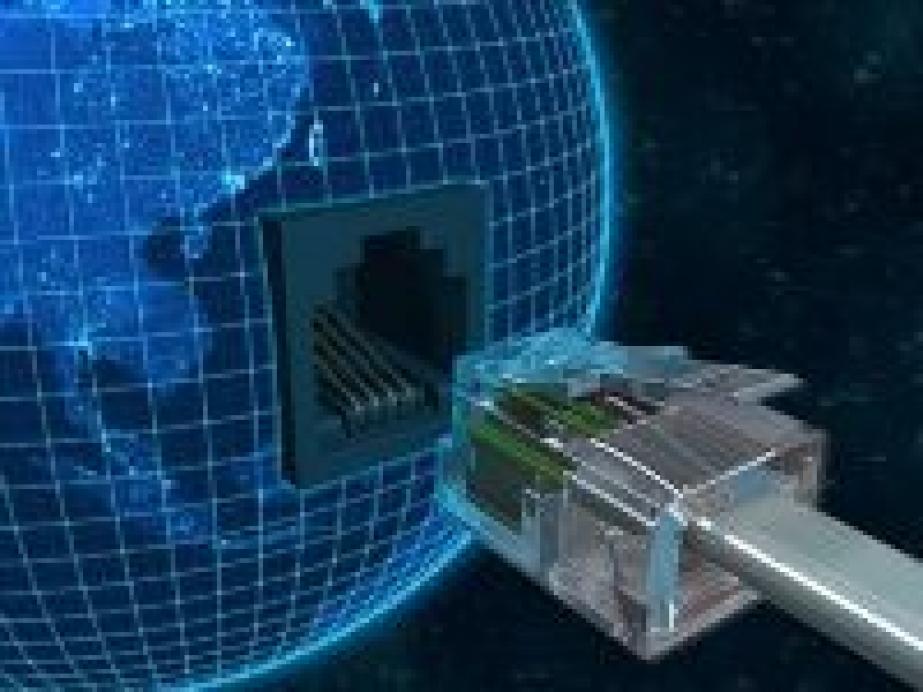Infrastructure, transport and communications in post-crisis Europe
A truly united Europe in terms of its economy, politics and institutions cannot be achieved unless citizens are united by a shared sense of purpose: transport and telecommunications are two of the most important areas of investment and development for the decades to come, and this is a game that is being played out globally between fierce competitors such as China and the United States – a game that Europe cannot afford to lose.
These and others were the central themes of the conference entitled "Infrastructure, transport and communications in post-crisis Europe" organized by IAI, which took place on Monday, January 20 in Rome. The meeting welcomed members from business, politics and universities to exchange ideas and perspectives as a part of the project called "Towards a More United and Effective Europe", begun a few years ago in collaboration with Foreign Minister Emma Bonino. The project, as explained by the Deputy Director of IAI, Nathalie Tocci, aims to explore the future of European integration, in the framework of the Europe 2020 agenda, especially in view of the imminent European Parliament elections and the upcoming Italian presidency of the EU Council.
Integration remains very difficult, torn apart by centrifugal forces. Therefore, the challenge at hand is to understand what kind of governance the EU needs to make itself more efficient, manageable and legitimate. As Luisa Todini, President of Todini Constructions, pointed out in her speech, both a revived and united market and more efficient and integrated infrastructure in communication and transport are key factors in the development of the construction industry, which is facing difficulties both in Italy and in Western Europe as a whole, with a decline in productivity of around 2.7% with respect to 2012.
According to Pat Cox, project coordinator of Scan-Med Core Network Corridor, infrastructure is a potential source of legitimacy for the European integration project as it represents a sector in which Europe can achieve concrete results and where the added value of the Union is concrete. Thus we need more interconnectivity, both physical and digital, plus more airport infrastructure, and more connections among European countries and between them and the rest of the world. Only in this way, in the opinion of Paul Costa, President of the Port Authority of Venice and former Minister of Transport, can we really create a single market and a more unified and competitive Europe.
The winning move is to anticipate the market, explained Gerard Pogorel, professor of economics and management at the ENST Telecom ParisTech. Just as people build ports so that ships can come, so investment in telecommunications should anticipate consumer demand, instead of dragging behind in an even more competitive market. China and the United States have an enormous internal market compared to single European countries: 28 small markets have no chance of surviving by themselves. This is why a “single European market” is the only way to compete.
According to Andrea Renda, Senior Research Fellow at the Centre for European Policy Studies and Director of Global Outlook IAI, what Europe needs is harmonized legislation in all countries, a single regulated market that makes internal competitiveness possible, the standardization of services and, above all, more investments in infrastructure such as optical fiber and wiFi networks.
In order to do this, however, the public sector has to be present in addition to private investment. In fact, according to Stefano Riela, NRA adviser and professor of European economic policy at Bocconi University, there are strong infrastructural disparities between major urban areas and the rest of the country, especially in Italy. This is because private companies prefer to invest in cities, where profits are guaranteed, rather than in less inhabited areas, which remain isolated. That is why the state has to be present.
The conference, which was attended by, among others, Oliviero Baccelli, Carlo Secchi, Lanfranco Senn ( Bocconi) and Thomas Valletti (Imperial College), ended with a wish from the Under Secretary for Foreign Affairs, Filippo Di Robilant: "European institutions must understand that if they really want a more united Europe they must put the development of connectivity, telecommunications and transport at the top of government agendas because only better connected citizens are really united citizens."
Topic
Tag
Related content
-
Publication24/01/2014
Transport, Communications and Infrastructure in a United and Effective Europe
leggi tutto -
Publication24/01/2014
The Digital Infrastructure as the Next EU Grand Project
leggi tutto -
Ricerca27/06/2013
Towards a More United and Effective Europe: Beyond the 2014 European Parliament Elections
leggi tutto



